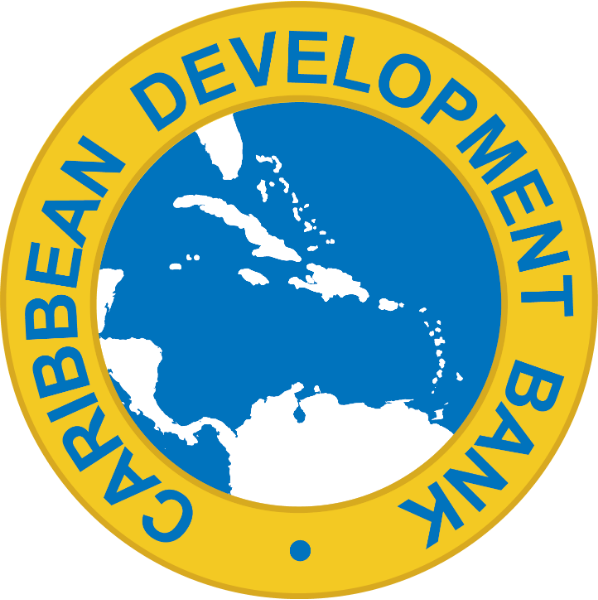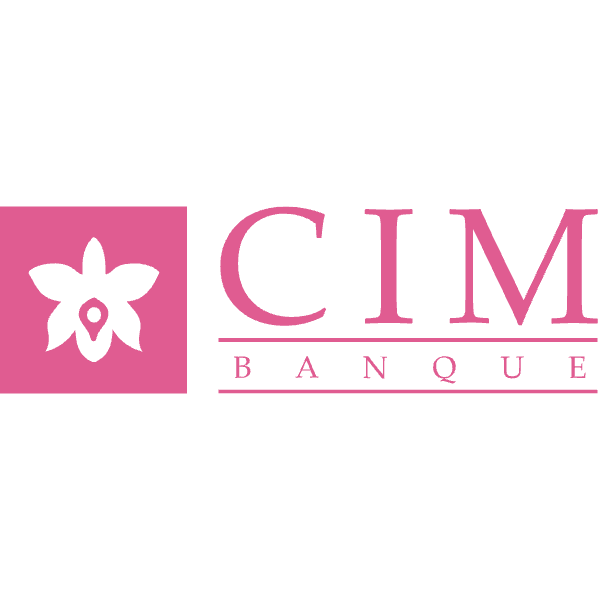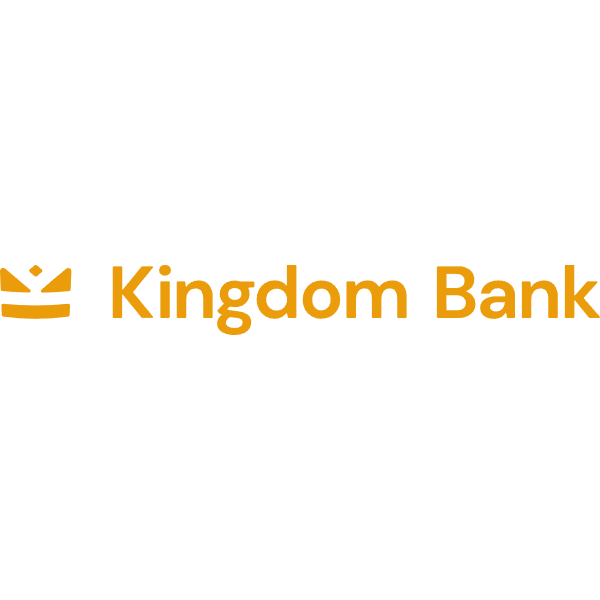Since its establishment in 1969, the Caribbean Development Bank (CDB) is the Caribbean's foremost multilateral development bank dedicated to advancing the social and economic development of its member countries through loans, grants and technical assistance. As an institution co-owned by 28 member countries, CDB serves as a catalyst for economic transformation in the Caribbean region with its commitment to sustainable development and poverty reduction. This article will provide insights into the characteristics and advantages of CDB in terms of organizational profile, financial health, products and services, fee structure, digital experience, customer service quality, security measures, unique services, and market position, providing insights for potential partners and researchers.
Institutional Overview and
BackgroundCaribbean Development Bank was established on October 18, 1969 with an agreement signed in Kingston, Jamaica, effective January 26, 1970, and is headquartered in St. Michael, Wildey, Barbados, adjacent to the Samuel Jackman Prescod Polytechnic Campus. The CDB was established as a result of the 1966 Canada/Commonwealth Caribbean Conference initiative to provide financial support to Caribbean countries to promote economic cooperation and regional integration. On September 21, 2018, CDB further expanded its service capabilities with the opening of its first overseas office in Haiti.
CDB is jointly owned by 28 member countries, of which 19 are regional borrowing members, including Antigua and Barbuda, Bahamas, Barbados, Belize, etc.; 4 are regional non-borrowing member countries; Five are non-regional non-borrowing members, such as Canada, the United Kingdom and China. Jamaica and Trinidad and Tobago are the largest shareholders, each holding 17 per cent of the shares. CDB is not listed on any stock exchange and is financed by member state contributions, capital market borrowings and credit lines from other multilateral institutions. The Bank's mission is to halve the rate of extreme poverty in member countries by 2025 by supporting inclusive and sustainable growth.
CDB's services cover 19 borrowing member countries in the Caribbean, with a focus on providing financing and technical assistance to governments, public sector entities and some private institutions. With its headquarters in Barbados and an office in Haiti, the bank does not have a traditional ATM network as it does not provide retail banking services. The CDB is governed by its membership agreements and internal governance structure, overseen by the Board of Directors and the Board of Governors, and operated by a Board of Directors led by the President. CDB maintains an independent Integrity, Compliance and Accountability Office (ICA) to ensure compliance with anti-fraud, anti-corruption and environmental social security policies. As of 2025, CDB has not reported significant compliance issues, demonstrating its robust performance in governance and compliance.
Historical
BackgroundThe establishment of CDB is an important milestone in the financial development of the Caribbean region. In 1966, the Canada/Commonwealth Caribbean Conference proposed the establishment of a regional financial institution, followed by a report submitted by a team of experts in 1967 recommending the establishment of a Caribbean Development Bank with an initial capital of $50 million. Since its official operation in 1970, CDB has gradually grown into the most important multilateral financial institution in the region, and has established cooperative relations with the International Monetary Fund and the Inter-American Development Bank, enhancing its legitimacy and credibility in the international financial field. The long-term goal of the CDB is to promote the economic and social development of its member countries by supporting infrastructure, education, agriculture and climate adaptation projects.
Financial
HealthCDB's financial position is sound and widely recognized by international rating agencies. According to 2021 data, the total assets of the bank reached $3.71 billion, of which $2.21 billion was for common capital resources (OCR) and $1.5 billion for special fund resources (SFR). CDB's common capital resources are rated Moody's Aa1/Stable, S&P AA+/Stable and Fitch AA+/Negative, reflecting its strong operational capabilities, Member State support and evolving governance structure. In 2024, CDB's Board of Directors approved the Callable Capital Report, confirming shareholders' ability to provide additional capital in the event of an emergency, further enhancing its financial stability.
CDB's high credit rating indicates that its capital adequacy ratio meets international standards and is sufficient to address potential risks. The bank's liquidity position is also performing well, meeting its monitoring threshold of 40% of the net three-year funding requirement or unpaid commitments, whichever is greater. In 2021, CDB approved $269.5 million in loans and grants, and in 2020 approved projects with a total value of $122.6 million, including $71.2 million in loans and $51.4 million in grants, demonstrating its active role in development finance. Customers should contact CDB directly for the most up-to-date financial data.
Deposit & Loan ProductsAs
a development bank, CDB does not offer traditional retail deposit products such as demand deposits, term deposits or high-yield savings accounts. Instead, its core business is to support social and economic development projects in member countries through loans, grants, equity investments and guarantees. The following are CDB's main financing products:
- Loans: CDB provides concessional loans to member governments, public sector entities and selected private institutions in areas such as infrastructure, education, agriculture, energy efficiency, renewable energy, climate adaptation and disaster risk management. For example, in 2013, CDB provided a $65 million loan to LIAT, the largest airline in the Caribbean, for fleet upgrades. Loans are typically offered at preferential interest rates, which vary from project to project and are determined through project proposals and evaluations.
- Grants: CDB provides grants through the Special Development Fund (SDF) and the Basic Needs Trust Fund (BNTF), among others, to support high-priority poverty alleviation and sustainable development projects. In 2021, the allocation accounted for nearly 40% of the total value of approved projects.
- Equity Investments and Guarantees: CDB provides equity investments and guarantees for private sector development to promote the growth of SMEs and regional capital markets.
- Technical assistance: CDB provides technical assistance loans to assist member countries in preparing project proposals and implementing development plans, using a least-cost analysis approach to evaluate disaster mitigation and reconstruction projects.
CDB's loans and grants are primarily for the government and public sector, but can also be applied for by the private sector, subject to member state registration requirements. Loan approval requires a detailed project proposal, including macroeconomic factors, industry analysis, and CDB's contribution history. The CDB supports flexible repayment arrangements, allowing repayment schedules to be adjusted according to project progress, reducing financial pressure on Member States.
Digital Service
ExperienceCDB has digitally transformed its internal operations with Microsoft Cloud Ecosystem and COREFIN Lending and Banking solutions, replacing its original Oracle-based core banking system. This modernization initiative has improved the efficiency and flexibility of lending, disbursements and credit management. However, as a development bank, CDB does not provide retail digital banking services to the public, such as mobile apps or online banking platforms. Its digital services are mainly used for internal management and communication with member governments and project beneficiaries.
Quality of Customer
ServiceCDB's customer service is primarily aimed at member governments, public sector entities and project beneficiaries, rather than retail customers. Service channels include:
- Telephone support: support is provided through the head office (+246 431 1600) or the Haiti office, Monday to Friday from 8:00-16:30 (AST).
- email: available via dataprivacy@caribank.orgSubmit data privacy or project-related issues.
- Branches: Face-to-face support is provided at the Barbados headquarters and Haiti office.
- Social media: Engagement via [LinkedIn](https://bb.linkedin.com/company/caribank) Interaction, response speed is not disclosed.
CDB has an Office of Integrity, Compliance and Accountability (ICA) that handles citizen complaints related to environmental and social impacts, which can be submitted through its website. Its standardized processes are in line with international standards. CDB provides its services primarily in English, with the possibility of supporting French or other languages depending on the needs of Member States, and cross-border clients will need to consult directly.
Safety and Security
MeasuresCDB attaches great importance to the security of funds and data:
- Security of funds: As a development bank, CDB does not accept deposits from the public and therefore does not have a traditional deposit insurance scheme. Its loans and grants are secured through rigorous risk management and credit monitoring, in line with international financial standards.
- Data Security: CDB employs strict information technology security policies, including access control, authentication, auditing, monitoring, data storage and backup, to ensure that data is protected from loss, misuse or alteration.
Featured Services & DifferentiationCDB
differentiates itself through a range of distinctive services and programs:
- Special Development Fund (SDF): Established in 1983, it provides low-interest loans and grants to support high-priority poverty alleviation and sustainable development projects.
- Basic Needs Trust Fund (BNTF): CDB's flagship poverty alleviation project, which provides grants to disadvantaged communities to improve infrastructure and quality of life.
- Cultural andCreative Industries Innovation Fund (CIIF): Supporting the development of creative industries in the Caribbean, relaunched on April 10, 2024, with a focus on supporting women-led projects and SMEs.
- Caribbean Action for Resilience (CARE): a five-year, €14 million project to support disaster risk management and climate adaptation capacity-building.
- Sustainable Energy Program (SEEC): A multi-donor trust fund to assist Eastern Caribbean countries in addressing energy security issues.
- Community Engagement: CDB supports gender equality, youth development, and environmental protection through education grants, climate-smart agriculture, and renewable energy projects.
While CDB does not offer student accounts or wealth management products for seniors, its special funds and programs provide indirect support to vulnerable groups. CDB does not explicitly provide private banking services, but its equity investment and guarantee products are suitable for high-net-worth institutional clients.
Market Position & AccoladesCDB
is the leading development bank in the Caribbean, with total assets of $3.71 billion and a loan portfolio of $1.25 billion in 2021. Banks play a key role in regional economic development, particularly in support of small island developing States. Moody's, S&P and Fitch's high credit ratings (Aa1/Stable, AA+/Stable, AA+/Negative) reflect their robust financial position and governance structure. CDB has partnered with international institutions such as the Inter-American Development Bank and the International Monetary Fund to enhance its global presence. Although no specific award was identified, the CDB's long-term contribution and support from Member States had given it a high reputation in the Caribbean.
Looking ahead
, CDB will continue to drive digital transformation, with plans to address the challenge of 30% of the population not being banked through fintech. From 9 to 12 June 2025, CDB will host the 55th Annual Governors' Council Meeting in Brasilia, Brazil, under the theme "Driving Institutional Resilience and Inclusive Growth", which will further explore regional development strategies. The Bank is committed to achieving the United Nations Sustainable Development Goals through innovation and collaboration.
Conclusion:
The Caribbean Development Bank is the backbone of financial development in the Caribbean and is the most important multilateral financial institution in the region with its commitment to sustainable development and poverty reduction. It supports infrastructure, education, agriculture and climate adaptation projects through loans, grants and technical assistance, creating significant social and economic benefits for Member States. Although it does not offer retail banking services, CDB's unique programs and solid financial position make it unique in the Caribbean. In the future, CDB will continue to lead the regional economic transformation with its continued efforts in the field of digitalization and sustainable development.













